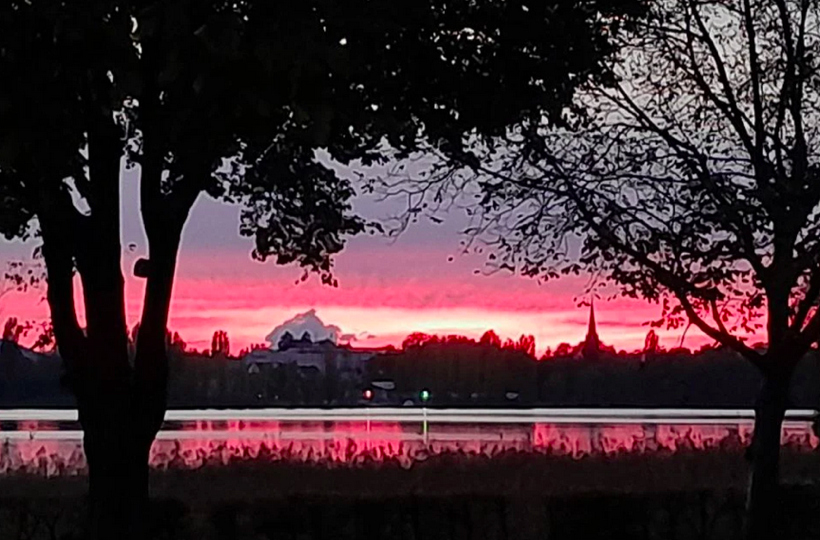A few days back I met a friend I hadn’t seen for eight years. We spent a few hours together on the shores of Lake Constance, illuminated by electric lights and then by the rays of a bright moon.
My friend and her partner, both doctors, had come from Munich, and it took my partner and I only half an hour to get from our house to the hotel on the German side of the lake.
Even though human history today is divided into before and after COVID-19, we conversed fluently throughout the evening about ourselves, our vicissitudes near and far, and the trends we observe in the world, without ever uttering the words COVID, vaccine, Ukraine, climate change and Palestine. It wasn’t intentional, they just didn’t come up.
We talked about ourselves in profundity, about what we understand of the past, and about the prospects for the future that, despite the general instability, we continue to project. Knowing that nothing may turn out as we would like has taught us to plan with infinite flexibility. We have made interesting observations about our species, this sapiens that is moving forward despite everything, albeit with the total silence of the press.
In the last eight years, my friend and I have spoken twice, but as soon as we broached the subject of “information”, strolling along the banks of the Bodensee after a light dinner, we didn’t need many words to tune in.
The phenomenon is global and accelerating, monothematic information management avoids showing what is happening on the blue planet but still does not succeed in silencing direct, face-to-face communication. The arsenal of tools for transmitting information that has been developed in recent decades cannot be quickly reduced to a funnel that spits out a (concerning) piece of news each time with the same perspective and often using identical expressions. There is information for all tastes and it is not so difficult to find all the “truths” despite increasing control and now blatant censorship. Sometimes the news appears even without request, according to our pre-established “tastes”. And they are so contradictory that finally we no longer believe anything.
And that may not be a bad thing. More and more people are seeing this phenomenon and distancing themselves from the definitions of “official information” and “disinformation”. Already many are learning to “educate the algorithm” to access the different versions and seek their critical interpretation of what is happening. Others are simply confused, and identify more with loss of control than with control.
The thirst for the future that drives our species pushes us beyond the analyses of the news, launches us to renew the bond between people, to try to feel the silence of the countryside and that of the quiet mind, to see nature and its capacity to grow, despite everything.
Under the impressive light of a full moon that traced the ripples of the water on the surface of the lake, we renewed the optimism that distinguishes us, and the breath of hope moved our clothes and our thoughts into the deepest depths.
“Why, my soul, this hope?” (Silo)






